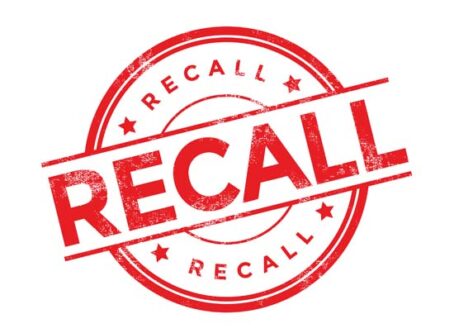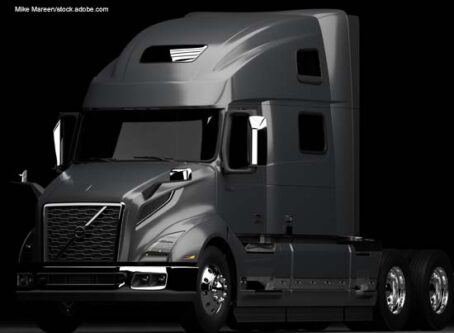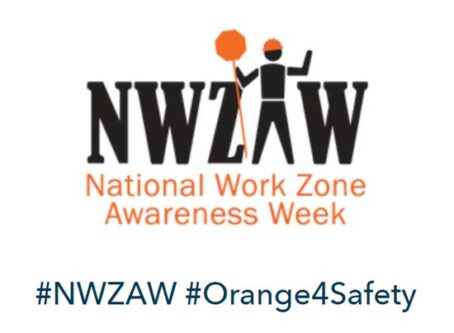ATRI announces its 2020 top research priorities
The American Transportation Research Institute recently released its list of 2020 top research priorities. Issues range from small settlement lawsuits to vehicle miles traveled taxes.
On Tuesday, May 12, ATRI’s board of directors approved of its Research Advisory Committee’s top research priorities. Areas of research include workforce, infrastructure, legal and operational issues.
One area of research will focus on the impact of small settlements on the trucking industry. In previous years, the industry has concentrated on nuclear verdicts worth millions of dollars. This time around, ATRI will study legal settlements of less than $1 million. ATRI will look into frequency, fleet responses and analyze verdicts versus settlements.
According to a document from the Federal Motor Carrier Safety Administration, most crashes result in small costs. The average is around $18,000 per crash, including very costly crashes. The reason the average is low is because there are relatively few costly crashes.
ATRI also will study mileage-based safety metrics. The institute will research metrics for evaluating safety performance other than traditional rates per million vehicle miles traveled. The motivation behind this issue deals with e-commerce changing business models, trip lengths and route locations.
Likely in response to California’s AB5, ATRI plans to study owner-operators and independent contractors in the supply chain. Research will assess the role of owner-operators and independent contractors, including extent and type of use and financial/operational differences.
According to an ATRI news release, “there have been legislative and policy actions at the state-level to dramatically change the independent contractor model.” In September 2019, California passed AB5, which codifies an ABC test to establish which workers are employees. Soon after, the Owner-Operator Independent Drivers Association announced that it does not support the new law. In January, a federal judge granted preliminary injunction to the California Trucking Association. The injunction temporarily exempts the trucking industry from the law.
A cost-benefit analysis of vehicle miles traveled taxes will also be conducted by ATRI. Areas of focus include implementation and enforcement costs, potential evasion, and the challenges of implementing at the state and local levels.
The idea for a potential federal vehicle miles traveled tax for trucks only has been discussed in Congress. A VMT tax is seen as an alternative to or replacement of the fuel tax. As vehicles become more fuel-efficient or eliminating the use of fossil fuels altogether, revenues from fuel taxes have decreased significantly. In March, Sen. Chuck Grassley, chairman of the Senate Finance Committee, abandoned the idea of a truck-only VMT tax to funding a transportation bill. Grassley’s announcement came soon after OOIDA issued a Call to Action to fight against a truck-only vehicle miles traveled tax.
In October 2019, the Congressional Budget Office published its analysis of a truck-only VMT tax. During congressional hearings, it was suggested that a VMT tax replace the fuel tax. However, CBO’s report suggests the most effective route is to introduce a VMT tax on top of the fuel tax.
Lastly, ATRI will review the impacts of rising insurance costs on industry operational costs.
Research on the topic aims “to better understand what fleets are doing to cover these cost increases, from reprioritizing technology investments to cannibalizing other cost centers, such as safety.”
In July 2019, Reps. Matthew Cartwright, D-Pa., and Jesus “Chuy” Garcia, D-Ill., introduced the INSURANCE Act, or HR3781. The bill would raise the federal minimum insurance requirement for motor carriers from $750,000 to nearly $5 million. OOIDA asked Congress in a letter to abandon the idea.
“Reps. Garcia and Cartwright, along with the AAJ, have no reputable research indicating it would (improve safety). And they never will, because there is no correlation between insurance coverage and highway safety,” OOIDA’s letter stated. “In fact, increasing insurance minimums would likely force many owner-operators – who are collectively among the safest, most experienced drivers on the road – out of the industry because premiums would become unaffordable.”
The bill eventually died in committee with only six cosponsors.









